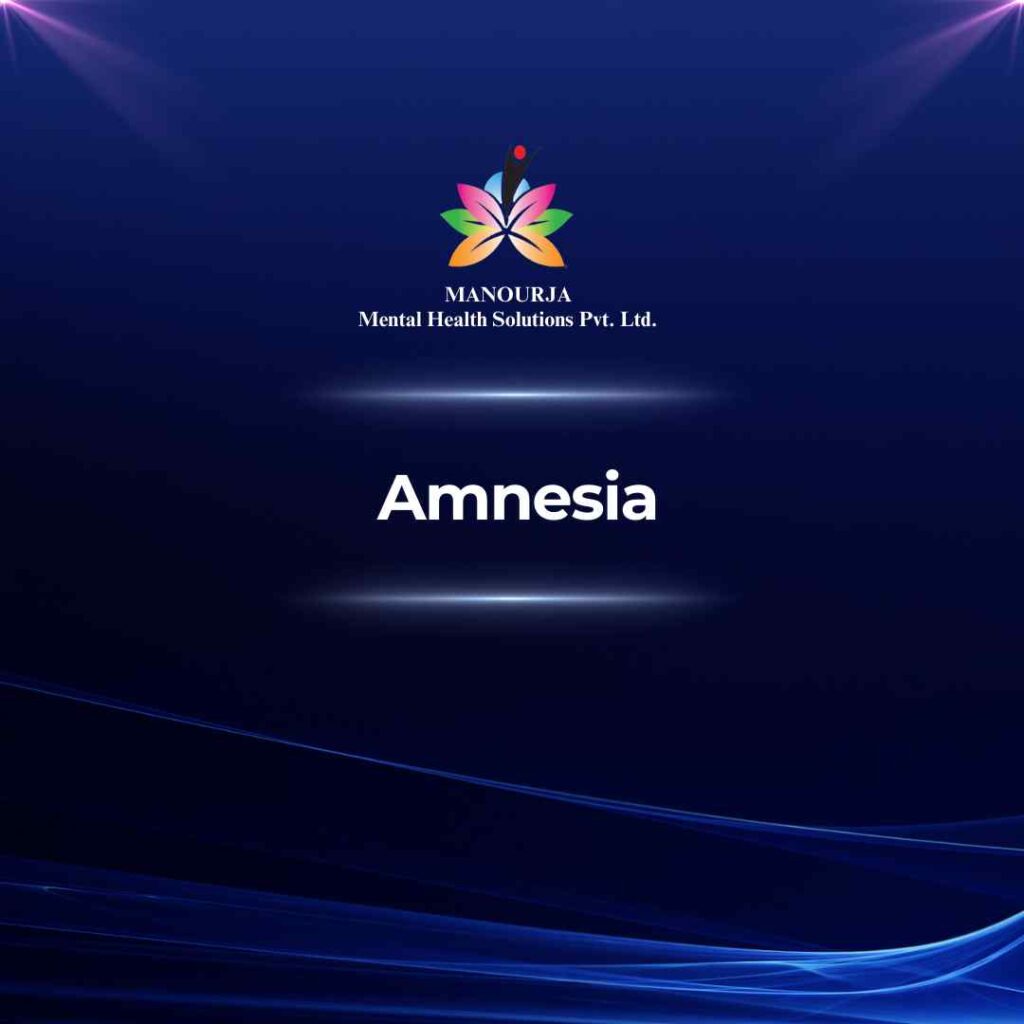Amnesia

Amnesia refers to a condition where an individual experiences partial or complete memory loss. It can affect different aspects of memory, such as recalling past events, personal information, or learned skills. The onset of amnesia can vary, and it may be temporary or permanent, stemming from factors like physical injury, psychological trauma, or underlying medical conditions.
Amnesia as a Sign and Symptom of Mental Illness
Amnesia can serve as a symptom of certain mental health disorders, often emerging as a response to psychological trauma or dissociation. Recognizable features of amnesia include:
- Memory Loss: Difficulty in recalling significant events, time periods, or personal details.
- Confusion: Feeling disoriented or uncertain about one’s identity, surroundings, or past experiences.
- Emotional Distress: Anxiety, depression, or frustration arising from gaps in memory or the inability to remember crucial information.
- Functional Impairment: Struggles with daily tasks or activities due to memory deficiencies.
Mental Illnesses Associated with Amnesia
Dissociative Amnesia:
- This condition involves memory loss often triggered by trauma or stressful events. Individuals may forget specific traumatic experiences or aspects of their identity as a coping mechanism.
Post-Traumatic Stress Disorder (PTSD):
- Memory disturbances, including amnesia for traumatic events, can manifest in individuals with PTSD as a way to shield themselves from distressing memories.
Depersonalization–Derealization Disorder:
- Episodes of feeling disconnected from oneself or surroundings can sometimes coincide with amnesia for the experience.
Psychogenic Amnesia:
- Unlike amnesia due to physical injury, this type stems from psychological factors such as severe stress, emotional trauma, or dissociative states.
- Similar to PTSD, individuals may experience memory disruptions, including amnesia, following a traumatic incident.
- Memory loss or amnesia can occur as part of this disorder, where psychological distress manifests as physical symptoms without a clear medical explanation.
Substance-Induced Amnestic Disorder:
- Substance abuse, particularly of alcohol or drugs, can lead to temporary or prolonged amnesia, often due to intoxication or withdrawal effects.
When amnesia presents as a symptom of a mental health disorder, it requires thorough assessment and treatment by mental health professionals. Therapy options may encompass psychotherapy, cognitive-behavioral therapy (CBT), trauma-focused therapy, and medication management, tailored to the individual’s circumstances and needs.
At MANOURJA, we believe in the transformative power of counseling. Our experienced therapists offer a safe and supportive space where you can explore your thoughts, emotions, and challenges. Through personalized counselling sessions, we’ll work together to develop coping strategies, build resilience, and achieve lasting positive change. Discover the path to a healthier, happier you with MANOURJA counselling services.
MANOURJA Rehabilitation Services
At MANOURJA, we’re dedicated to helping you in rebuild your life, after difficult times. Our rehabilitation services focus on understanding what you need to move forward, whether you’re recovering from addiction, trauma, or any psychological – social challenges. We create personalized plans, that are all about helping you, regain your strength and find hope again. With a caring team by your side, you’ll have the support to make real progress and take steps toward a brighter, healthier future.
